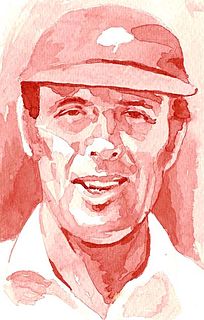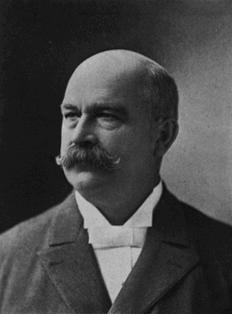A Quote by Steven Weinberg
Anything that we scientists can do to weaken the hold of religion, should be done and may, in fact, in the end, be our greatest contribution to civilization.
Quote Topics
Related Quotes
The easy confidence with which I know another man's religion is folly teaches me to suspect that my own is also. I would not interfere with any one's religion, either to strengthen it or to weaken it. I am not able to believe one's religion can affect his hereafter one way or the other, no matter what that religion may be. But it may easily be a great comfort to him in this life-hence it is a valuable possession to him.
These strengths, and our civilization in general, have reached an apogee with the end of the apocalyptic threats of the Cold War and the end - or at least waning - of less successful, and ultimately less "just," political and economic systems. At the turn of the 21st century we appear to be entering our greatest century, a golden age. The challenge that we face is similar to that of the Classic Maya civilization: we have set in motion a "runaway train" of success.
The contribution of Anthony William Greig to English cricket has been underestimated because of his allegiance to Kerry Packer and his choice to recruit players for World Series Cricket while still the England captain. His critics hold that as a black mark against him, which rules out anything else he may have done.
Perhaps losing integrity with yourself is the greatest stress of all, far more hurtful to us than competition, time pressure, or lack of respect. Our vitality is rooted in our integrity. When we do not live in one piece, our life force becomes divided. Becoming separated from our authentic values may weaken us.
Any fact facing us, however difficult, even seemingly hopeless, is not so important as our attitude toward that fact. How you think about a fact may defeat you before you ever do anything about it. You may permit a fact to overwhelm you mentally before you deal with it actually. On the other hand, a confident and optimistic thought pattern can overcome or modify the fact altogether.



































